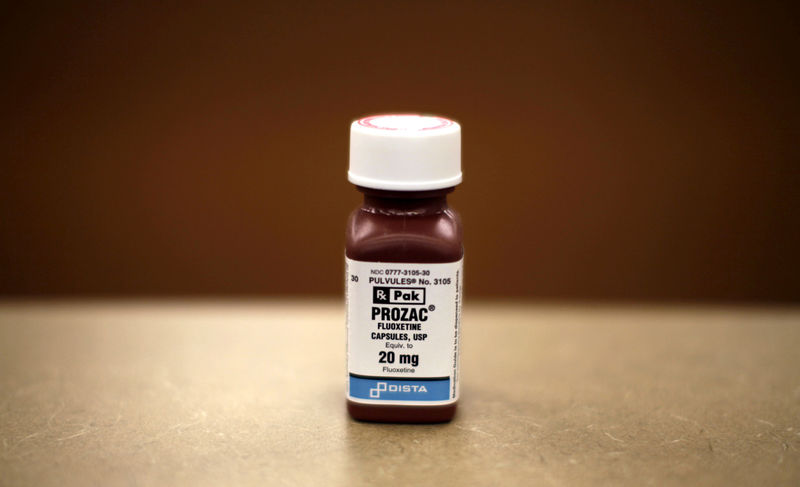Blue Bird ends joint venture with Generate Capital, appoints new executive officer
Eli Lilly (NYSE:LLY)'s experimental drug, mirikizumab (Omvoh), has shown significant potential in treating moderate-to-severe Crohn's disease (CD) according to the phase III VIVID-1 study results. The drug achieved all primary and secondary endpoints over a 52-week treatment period, inducing clinical remission in 51.4% of CD patients, a significant increase compared to the 19.6% on placebo.
Despite these promising results, the drug did not outperform Johnson & Johnson’s Stelara in terms of endoscopic response, with the latter showing 'numerically higher' results. However, based on the overall positive outcome, Lilly plans to seek regulatory approval from the FDA and global regulatory agencies for mirikizumab in CD indication next year.
The path to approval and market success for mirikizumab is not without competition. If approved, it will face stiff competition from AbbVie (NYSE:ABBV)'s Skyrizi, a similar drug that has already undergone label expansion for CD indication in both the United States and Europe. Notably, Skyrizi demonstrated superiority over Stelara in a phase III study.
AbbVie is also looking to expand Skyrizi's applications further. The company is currently seeking label expansion from the FDA and European Medicines Agency (EMA) for Skyrizi for ulcerative colitis (UC) indication. The drug is already approved for treating active psoriatic arthritis and moderate-to-severe psoriasis.
These developments underline the ongoing efforts by pharmaceutical companies to expand their portfolio of treatments for inflammatory diseases like CD and UC, offering new hope for patients suffering from these conditions.
This article was generated with the support of AI and reviewed by an editor. For more information see our T&C.
